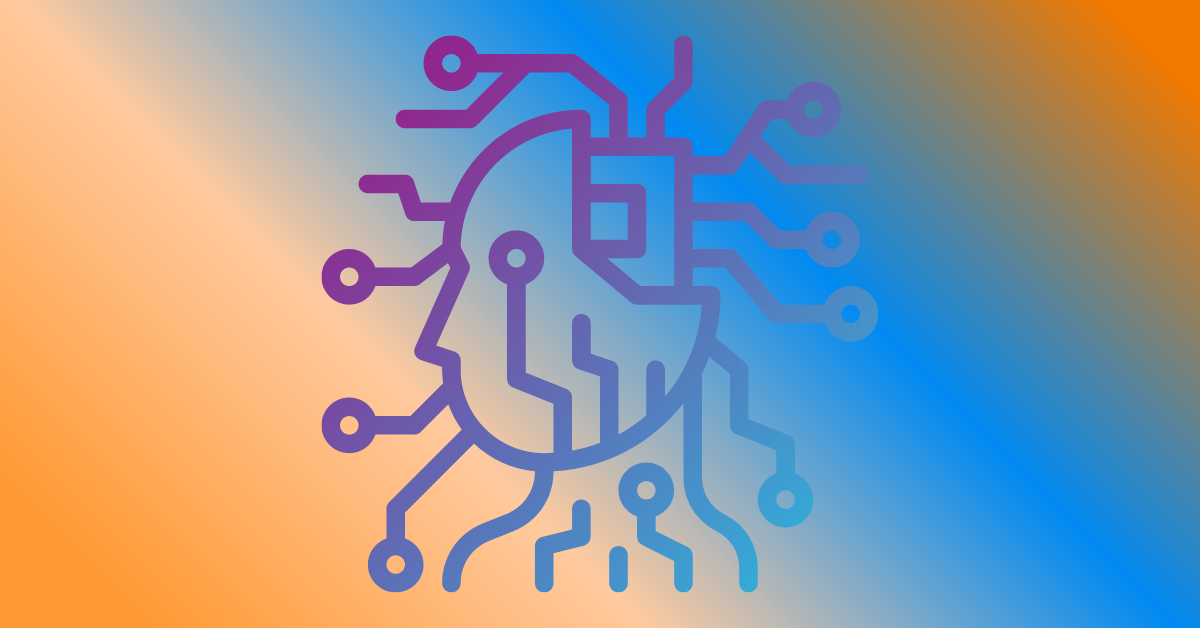Artificial intelligence (AI) has become an integral part of our lives, revolutionizing industries, making predictions, and automating tasks. However, this incredible transformation is not without its challenges, one of the most significant being data privacy. As AI systems rely on vast amounts of data, there is a growing need for techniques that safeguard our sensitive information while still harnessing the power of AI. This is where “Private AI” comes into play.
The Need for Private AI
In the digital age, our personal data is more valuable than ever. From healthcare records and financial transactions to shopping habits and social media interactions, a wealth of information is collected and processed by companies and institutions. AI, particularly machine learning, relies on this data to learn and make informed decisions. While this is undeniably powerful, it also raises concerns about data privacy and security.
Private AI addresses this challenge by allowing AI models to learn from data without exposing or compromising the privacy of individuals or organizations providing that data. It aims to strike a delicate balance between the benefits of AI and the need to protect sensitive information.
Key Principles of Private AI
Several core principles and techniques underpin Private AI:
1. Differential Privacy
Differential privacy is a mathematical framework that quantifies and limits the impact of an individual’s data on the outcome of a machine learning model. It introduces controlled noise or perturbations into the data or model’s parameters to ensure that no single data point can be reverse-engineered from the model’s outputs. This protects individual privacy while still enabling useful insights.
2. Homomorphic Encryption
Homomorphic encryption is a cryptographic technique that allows computations to be performed on encrypted data without revealing the data in its raw form. In other words, you can perform operations on encrypted data and only decrypt the results, keeping the original data secure. This is particularly useful in scenarios where data must remain confidential, such as medical research.
3. Federated Learning
Federated learning is a decentralized approach to machine learning. In this paradigm, the model is trained on local devices or servers, and only model updates are shared, not the raw data. This way, the knowledge is aggregated from multiple sources while keeping the data in its original, local form. Federated learning is especially beneficial for scenarios where data cannot leave its source due to legal, ethical, or security reasons.
4. Secure Multi-Party Computation (SMPC)
Secure multi-party computation enables multiple parties to jointly compute a function over their inputs without revealing their individual inputs. This technology allows collaboration on AI tasks without sharing the sensitive data itself. It’s essential for industries that require cooperation but need to maintain data confidentiality.
5. Trusted Execution Environments (TEE)
Trusted execution environments provide a secure and isolated environment for executing code and protecting sensitive operations and data from potential adversaries. TEEs, often found in modern processors, play a crucial role in securing private AI systems.
Applications of Private AI
Private AI has far-reaching implications in numerous sectors, including healthcare, finance, and more. In healthcare, Private AI can help healthcare institutions securely share patient data for research and treatment without violating privacy regulations. It’s invaluable in protecting the sensitive medical information of individuals.
For finance, banks and financial institutions can leverage private AI to improve fraud detection and risk assessment without exposing customers’ financial data. While in retail, Private AI can enhance customer recommendations and inventory management without compromising shopping habits and preferences. In the case of government agencies, they can use private AI to collect and analyze data without infringing on citizens’ privacy, facilitating better policymaking and crisis management.
Private AI is a critical advancement in the world of artificial intelligence. It addresses the privacy concerns associated with data-driven AI and enables organizations to collaborate and share information while preserving data confidentiality. With the continued growth of data collection and AI applications, private AI will play an increasingly vital role in ensuring a secure and privacy-respecting future for AI technology. As we move forward, it’s essential to embrace and implement these privacy-preserving techniques to harness the full potential of AI while safeguarding our most sensitive information.


